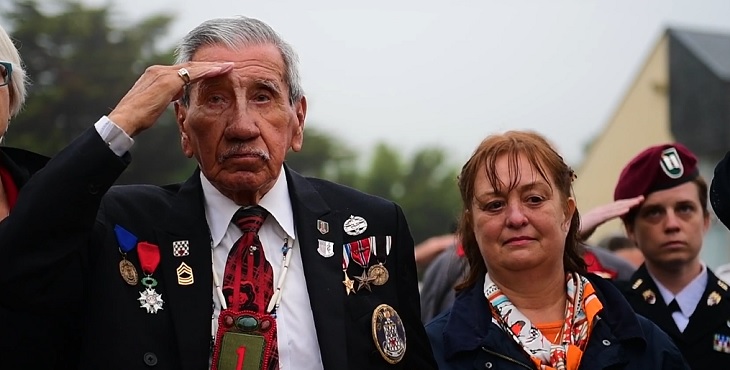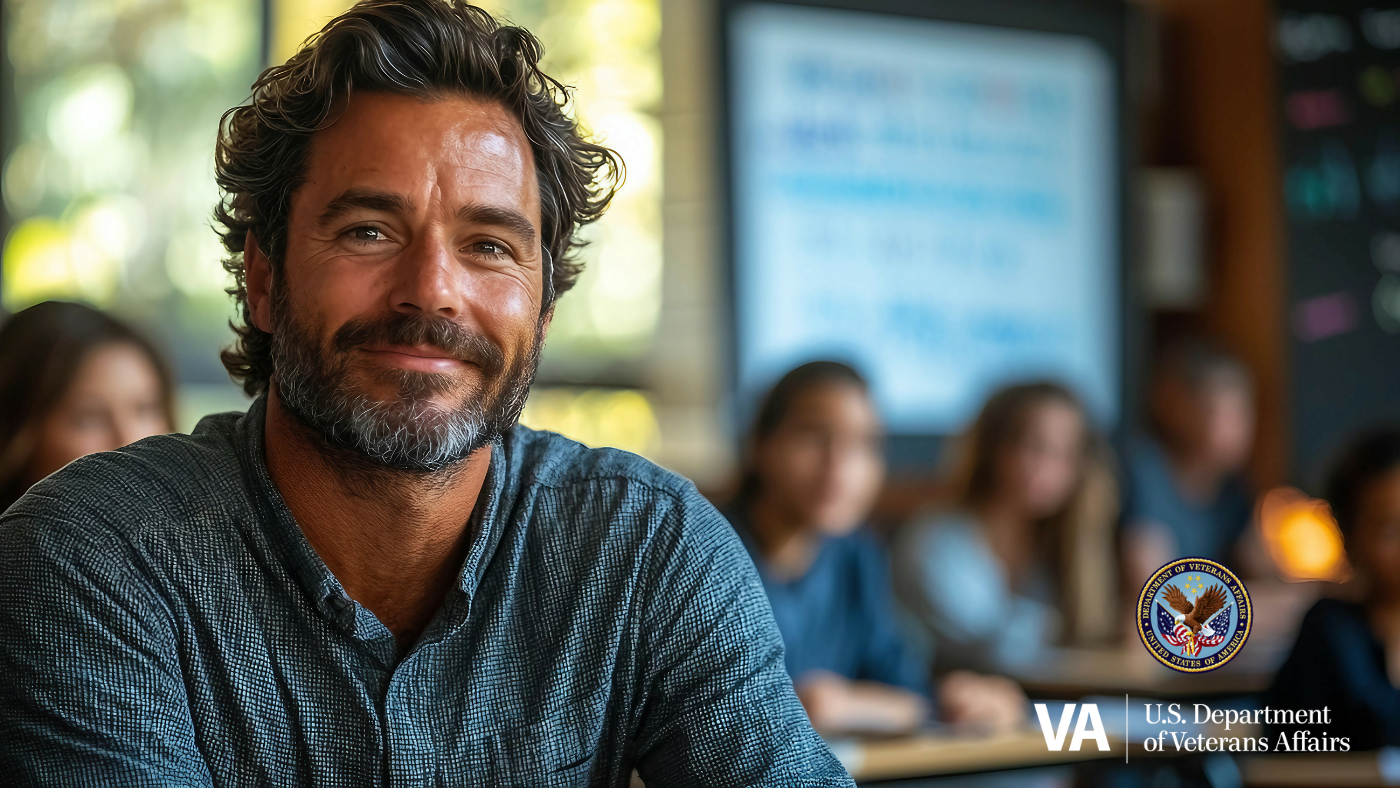When Charles Norman Shay and his comrades landed on Omaha Beach at 06:30 hours on June 6, 1944, they were met with mortar shells and heavy gunfire by entrenched German forces.
“Survival was on the mind of everybody,” he recalls. The 19-year-old Penobscot Indian from Maine was among the first group of American soldiers in Normandy on D-Day.
With water up to his chest, Shay eventually made it to shore, where he fought through obstacles and German resistance and saw the bodies of many fallen comrades. Although this scene was troubling, Shay quickly shifted his focus to his duty as a combat medic. While treating those with broken limbs and gunshot wounds, Shay noticed several soldiers who were drowning at the shoreline. He ran back to the water to rescue them.
There was one soldier he could not save, however. Among the injured was Edward Mulosowich, who trained with Shay in England. As he lay dying from a gunshot wound to the stomach, Shay gave his friend a shot of morphine to provide some comfort and ease the pain.
D-Day had such a profound impact on Shay’s life that almost 75 years later, he lamented, “What’s in my heart? Well, uh, it’s a very serious affair that’s in my heart.”
Thanks to Shay, many American soldiers’ lives were saved on D-Day. For his heroic service, he was awarded a Silver Star, Bronze Star and France’s highest order of merit, the Légion d’honneur.
Topics in this story
More Stories
VA has updated its process for awarding G.I. Bill benefits. This means that many Veterans who served multiple periods of military service (for example, Veterans who reenlisted) may be eligible for additional benefits for themselves or their beneficiaries.
Summer Sports Clinic is a rehabilitative and educational sporting event for eligible Veterans with a range of disabilities.
Report examines the input of over 7,000 women Veterans: They are happier with VA health care than ever before.






